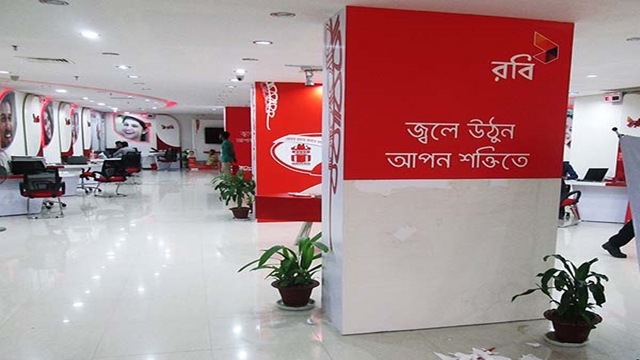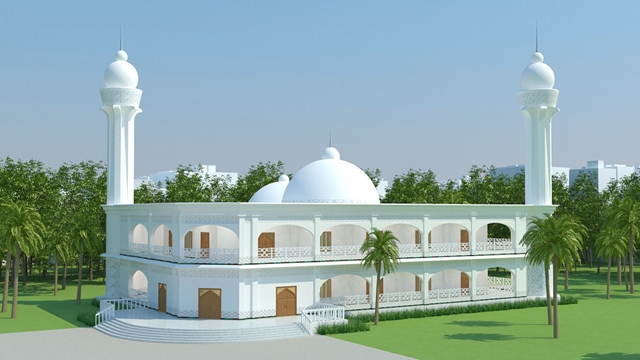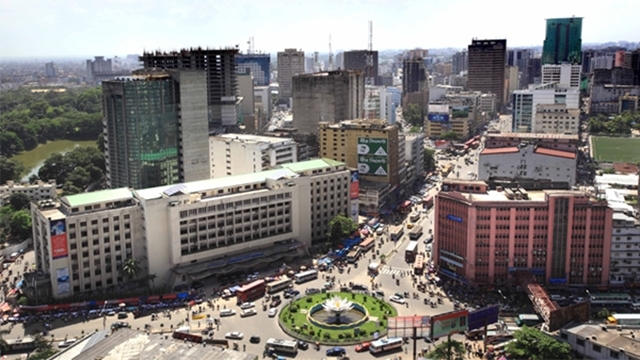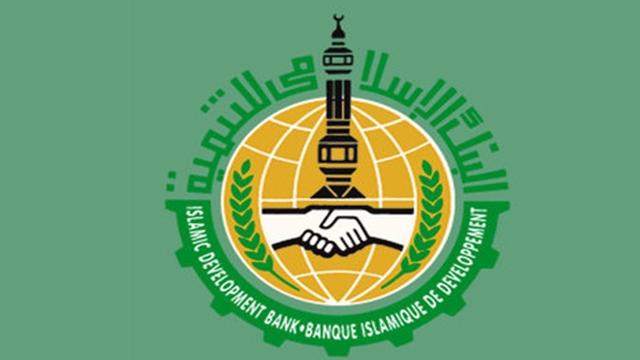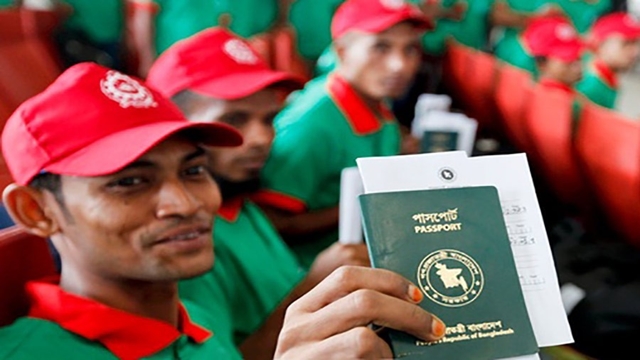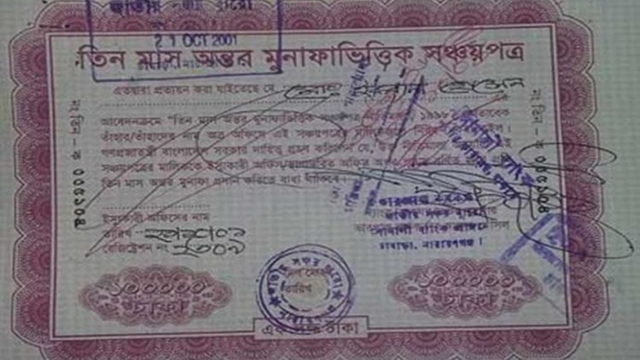SAM
Published:2018-05-15 20:37:34 BdST
Fiscal measures needs to combat illicit money outflow
FT ONLINE
The national budget for the next fiscal year (FY) should have adequate measures to protect external account and reduce income inequality for the country's overall socioeconomic stability, economists, businesses and professionals said on Monday.
Fearing the possibility of capital flight in the fiscal year when the upcoming national election will take place, they sought necessary fiscal measures to combat illicit money outflow.
Calling for enhancing institutional capacity and skill development of human resources, they also demanded comprehensive reforms to the country's financial system to ensure proper distribution of resources and governance as a whole.
To attract more FDI (foreign direct investment), they suggested rationalising the existing corporate tax structure and prevent the option of multiple taxation for businesses.
Besides enhancing the tax-GDP ratio, they also highlighted the importance to further intensify efforts to settle disputes pending with the court where a considerable volume of money stuck up.
The suggestions came at a pre-budget discussion meeting jointly organised by Bangla daily Prothom Alo and ICAB (The Institute of Chartered Accountants of Bangladesh) at ICAB Council Hall in the city.
Speaking at the event, distinguished fellow of Centre for Policy Dialogue (CPD) Prof Mustafizur Rahman said the government should formulate such a budget that will ensure overall socioeconomic stability in the year of national election.
"Our external account is already under pressure in the election year. We've to be cautious so that it (external account) would not collapse. We should also remain alert to prevent anyone involved in capital flight through over invoice and under invoice," he said.
About the corporate tax, he said two-thirds of direct taxes come from corporate tax and the revenue board is far below the revenue target for the current fiscal year.
"FDI will not come by only reducing corporate tax. Many other factors are involved with this. It (such tax) can be reduced in a staggered way," he said.
BIDS senior research fellow Dr Nazneen Ahmed was critical over the sudden hike in bank interest rate, saying that many people cited liquidity shortfall for the interest rate enhancement.
"Simply the economics say liquidity imbalance will push up call money rate, not interest rate. There is no such shortfall…some banks did something wrong," she said.
According to her, to tackle the situation, the advance deposit ratio (ADR) was increased that pushed up interest rate. Then, the authority slashed CRR (cash reserve ratio) rate, which is supposed to add Tk 100 billion to the economy to date.
"Then, why the interest rate did not come down? Some bank owners are getting benefits of all these. We need to look over that," she added.
Moderating the discussion, ICAB council member Md Humayun Kabir said people are not interested to go to the government banks despite having enough liquidity surpluses.
"The board and the management are inefficient or something is wrong there. People like to go to the private banks even having no deposit there," he said.
Blaming the Bangladesh Bank, he said a vested group suggested reducing ADR in the monetary policy in the name of national election. "You should ask and make them responsible. BB's wrong decision is responsible for such problem."
Bangladesh Merchant Bankers Association (BMBA) first vice-president Muhammad Ahsan Ullah said there should have a kind of tax benefit for the long-term investors (for two-three years) in the upcoming budget to bring stability in the market.
He said three major intermediaries - asset management, brokerage house and merchant bank - have different rates for corporate tax ranging from 15 per cent to 37.5 per cent.
"It needs to be rationalised," he added.
Former NBR chairman Dr Muhammad Abdul Mazid said state-owned enterprises (SoEs) did not pay tax on their profits, which was one of the reasons for the revenue mismatch. He suggested changing the fiscal timeline from January to December for better progress in various projects.
BGMEA president Siddiqur Rahman said the budget should be based on the employment. He was also critical of the 15 per cent VAT and instead suggested 5 to 7 per cent. He also laid emphasis on quality in executing development works.
Speaking as the chief guest, Dr Shamsul Alam, Member (Senior Secretary), General Economics Division (GED), Planning Commission said the size of the upcoming budget should not be treated as overambitious as it would be 15 to 17 per cent of the country's GDP.
He suggested standard auditing and accounting in all enterprises for financial accountability and governance. "We also put emphasis on inflation in the coming budget and we want to keep its rate by 5.6 per cent."
Former adviser to the caretaker government Rasheda K Chowdhury and former chairman of Securities and Exchange Commission (SEC) Faruk Ahmad Siddiqi, among others, spoke at the discussion meeting.
Unauthorized use or reproduction of The Finance Today content for commercial purposes is strictly prohibited.



